A startling new discovery is redefining our search for life beyond Earth. Researchers from the Massachusetts Institute of Technology (MIT) are revealing that key components essential for life on Earth could survive in the highly acidic clouds of Venus. This revelation challenges the longstanding notion that the corrosive sulfuric acid clouds of Venus would be entirely hostile to organic chemistry and, by extension, life.
Venus, often referred to as Earth’s sister planet due to its similar size and proximity, has long intrigued scientists with its mysterious cloud layer. Unlike its surface, which is known for extreme temperatures and pressure that could crush and melt spacecraft, the cloud layer of Venus offers milder conditions, situated about 30 to 40 miles above the surface. This has led scientists to speculate about the possibility of life existing within these clouds, despite the harsh chemical environment.
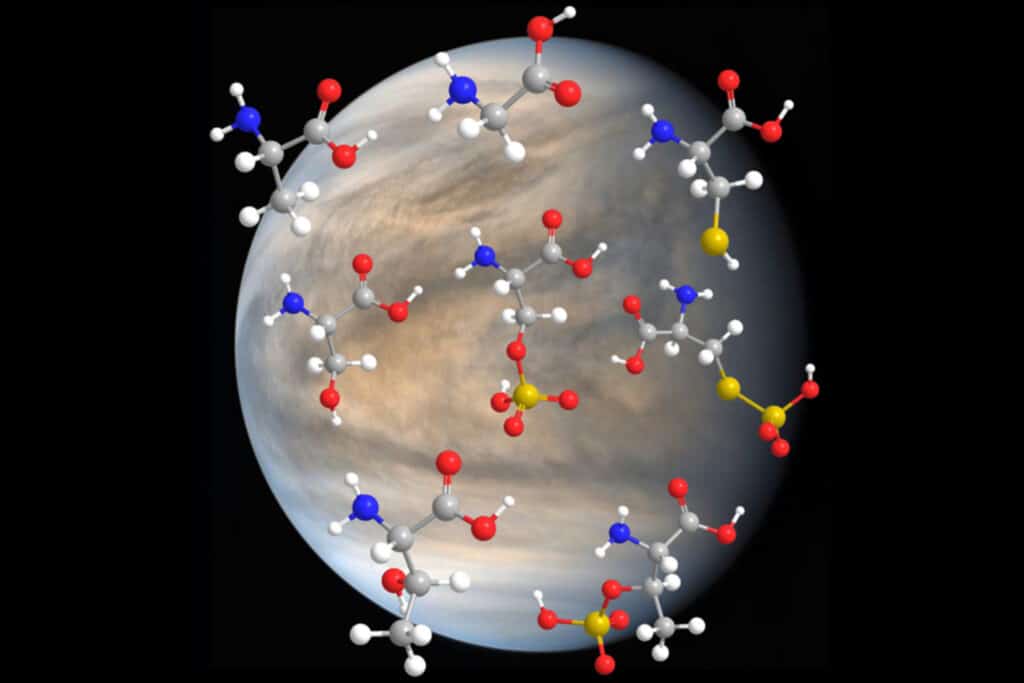
The clouds of Venus are composed of droplets of sulfuric acid, a substance that can dissolve metals and destroy most biological molecules on Earth. However, the MIT study, published in the journal Astrobiology, has found that 19 amino acids, the building blocks of proteins essential for life, can remain stable for up to four weeks in solutions of sulfuric acid similar in concentration to that found in Venus’ atmosphere.
“What is absolutely surprising is that concentrated sulfuric acid is not a solvent that is universally hostile to organic chemistry,” says study co-author Janusz Petkowski, a research affiliate in MIT’s Department of Earth, Atmospheric and Planetary Sciences (EAPS), in a media release.
Study co-author Sara Seager, MIT’s Class of 1941 Professor of Planetary Sciences in EAPS and a professor in the departments of Physics and of Aeronautics and Astronautics, adds, “We are finding that building blocks of life on Earth are stable in sulfuric acid, and this is very intriguing for the idea of the possibility of life on Venus. It doesn’t mean that life there will be the same as here. In fact, we know it can’t be. But this work advances the notion that Venus’ clouds could support complex chemicals needed for life.”
This study comes at a time when interest in Venus has been reignited by the controversial detection of phosphine, a potential biomarker, in the planet’s atmosphere. The findings add momentum to several planned missions to Venus, including a pioneering mission by Rocket Lab, a California-based launch company. This mission, set for January 2025, aims to send a spacecraft through Venus’ clouds to search for organic molecules, with Seager serving as the science principal investigator.
The MIT team’s experiments focused on the stability of amino acids in sulfuric acid. Amino acids are critical for life as we know it, combining to form proteins that carry out a multitude of vital functions, from energy generation to tissue repair. Researchers dissolved each of the 20 essential amino acids in sulfuric acid and analyzed their stability using nuclear magnetic resonance (NMR) spectrometry. They found that the molecular “backbone” of 19 amino acids remained unchanged, even in the highly acidic conditions similar to those in Venus’ clouds.
While this discovery does not confirm the existence of life on Venus, it opens up the possibility that the planet’s clouds could support complex chemicals necessary for life.
“Just showing that this backbone is stable in sulfuric acid doesn’t mean there is life on Venus,” notes study first author Maxwell Seager, an undergraduate in the Department of Chemistry at Worcester Polytechnic Institute and the son of Sara Seager. “But if we had shown that this backbone was compromised, then there would be no chance of life as we know it.”
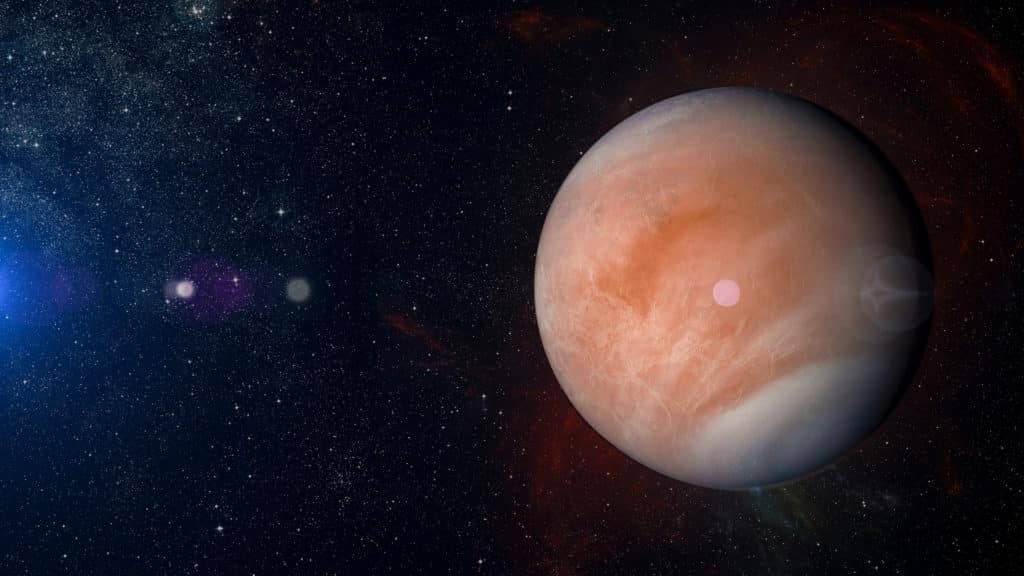
The study acknowledges that the actual chemistry of Venus’ clouds is likely more complex than the test tube conditions used in their experiments. Future research will aim to include various trace gases found in Venus’ atmosphere to get a clearer picture of the potential for life.
“There are only a few groups in the world now that are working on chemistry in sulfuric acid, and they will all agree that no one has intuition,” concludes Sara Seager. “I think we are just more happy than anything that this latest result adds one more ‘yes’ for the possibility of life on Venus.”
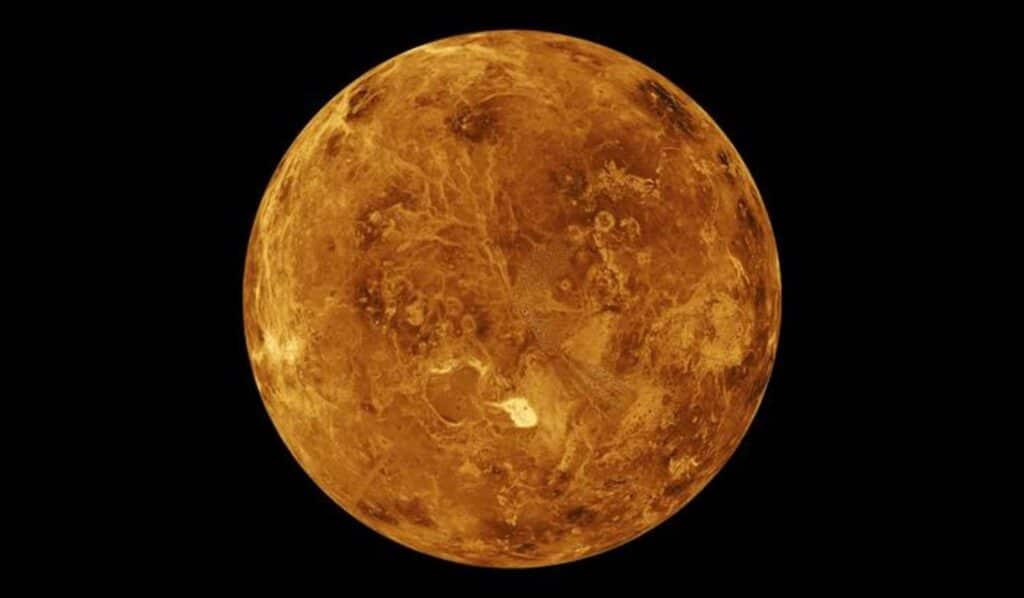









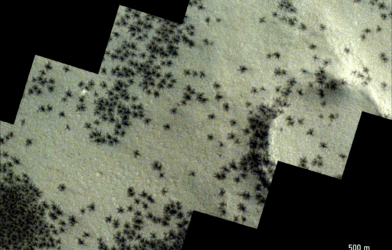
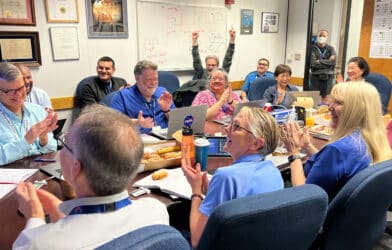

Comments